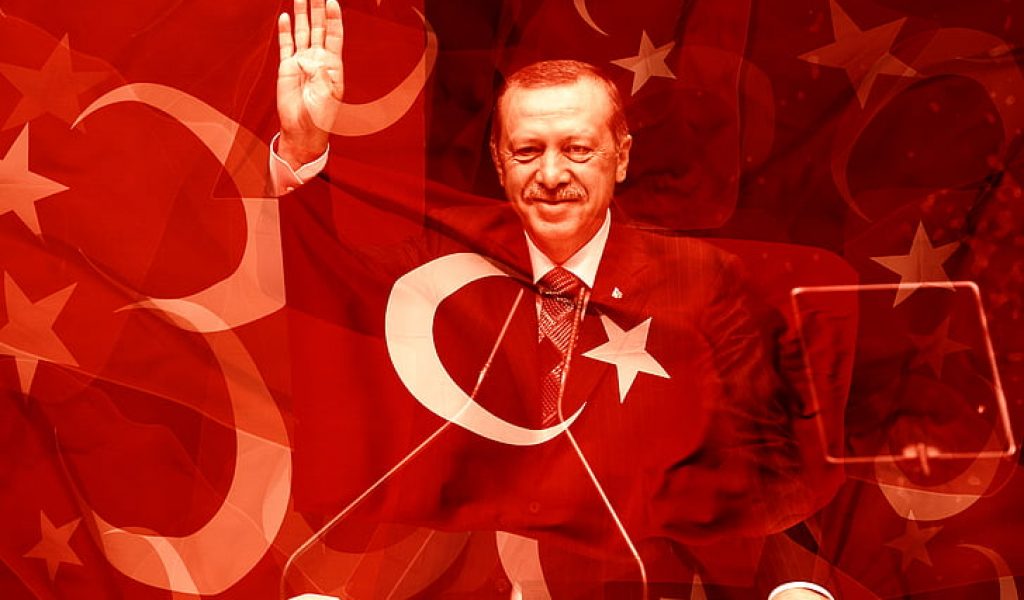What’s next for Erdogan?

Looking ahead at Türkiye’s presidential elections in May, how might his response to the earthquake impact his chances of re-election? Not much.
After the devastating earthquakes that have recently struck Türkiye, the prospect of presidential elections scheduled for May might seem relatively inconsequential. On the contrary, their importance cannot be overstated. For many, it is seen as a final chance to oust the increasingly autocratic President Erdogan before the country slides into a full-blown dictatorship.
These elections have international as well as domestic significance. Given its proximity to Ukraine and the Middle East, Türkiye is a key strategic ally to Western powers. Consequently, they will be keeping a keen eye on proceedings.
However, it is difficult to predict the outcome of these elections, especially given Türkiye’s reputation of electoral malpractice. Since achieving promotion to President in 2014, Recep Erdogan has repeatedly taken a stick to Türkiye’s fragile democracy, from his heavy-handed response at an attempted coup in 2016, to extreme state censorship, to the arrests of critics and even opposition leaders. In fact, one of Erdogan’s most credible rivals for the Presidency, Istanbul Mayor Ekrem Imamoglu, was arrested and banned from politics in December, for ‘insults’ made over three years ago.
However, it is difficult to predict the outcome of an election that could very well be tampered with.
What can be said is that if the elections were free from manipulation, Erdogan’s prospects would not look good. In the polls, his numbers are tanking. One reason for his declining popularity is the economic damage he caused with his ill-conceived monetary policy, sending inflation rocketing to 64% and severely damaging living standards.
Living standards have further plummeted due to the humanitarian crisis the country now finds itself in. A crisis exacerbated by poor build quality (largely thanks to government corruption), as well as a lack of preparation for major tremors that were always inevitable considering the country’s tectonic positioning, Erdogan’s government has come under more criticism for its shirking of responsibility and mismanagement of relief efforts. Responses to these kinds of natural disasters are often ‘make or break’ for political leaders, and in this case, the situation appears to be leaning towards the latter.
However, Erdogan’s election hopes are buoyed by the lack of unity in his opposition. Even though the elections (theoretically) take place in mid-May, his rivals are yet to rally and throw their support behind one candidate. Many suspect that it’s for this reason, Erdogan initially brought the elections forward, to give his opponents even less time to organise themselves.
It’s now possible that the election date will be moved again – delayed whilst the country recovers. A state of emergency has been announced, and whilst there is certainly valid cause for this, there are fears that Erdogan’s critics and opposition will now be shut down with even more ease. These are valid concerns, given that the Turkish people’s access to Twitter was recently, albeit briefly, restricted in response to a wave of government criticism.
In a turn of events that his rivals will hope to see repeated, it was a poorly handled earthquake response that allowed Erdogan’s AK party to take power in 2002. For his opposition though, there is still a steep hill to climb thanks to election interference that NATO and the West will likely turn a blind eye to in fear of alienating an important ally. As a result, in the centenary year of Turkey’s founding, despite his government’s declining popularity, it looks like Erdogan will likely cling to power.


